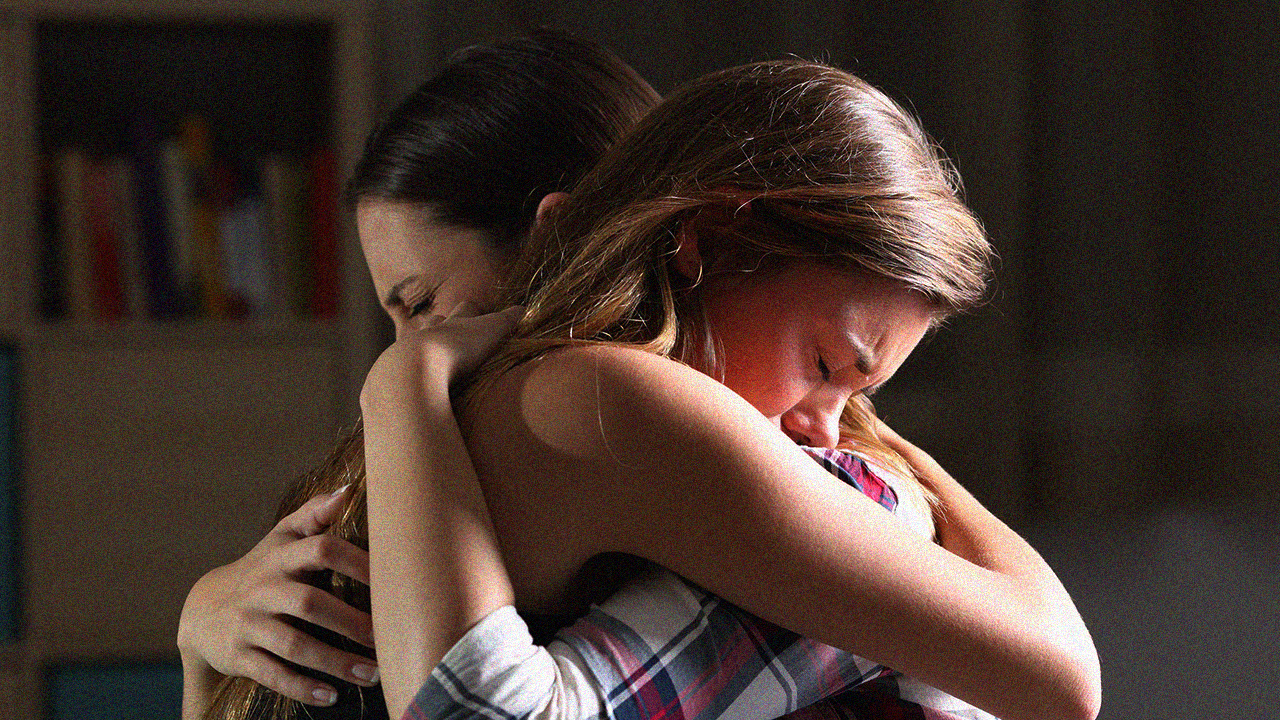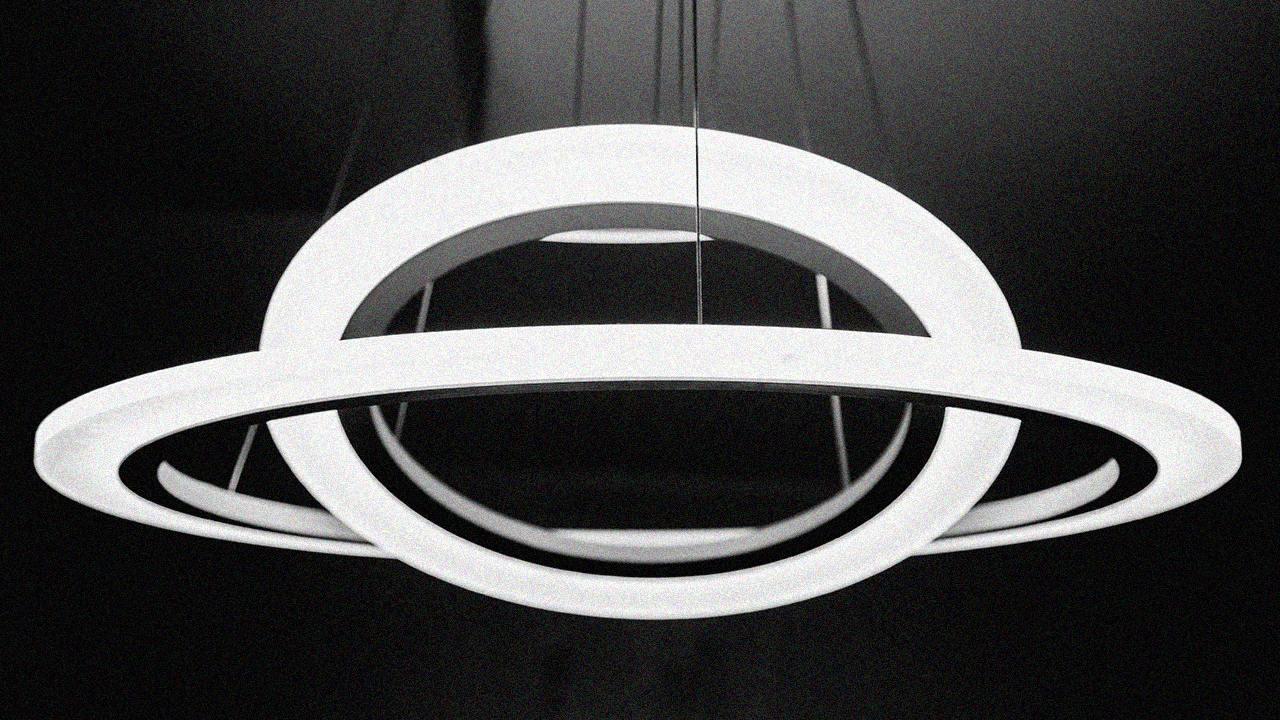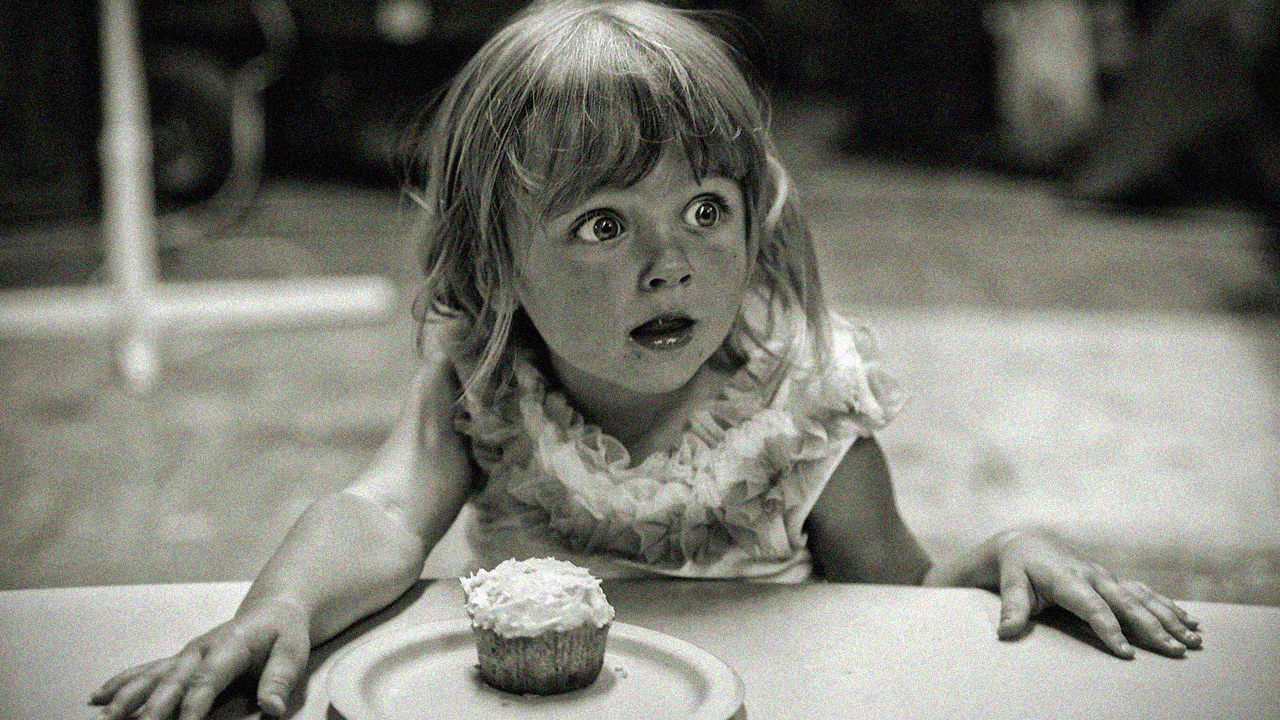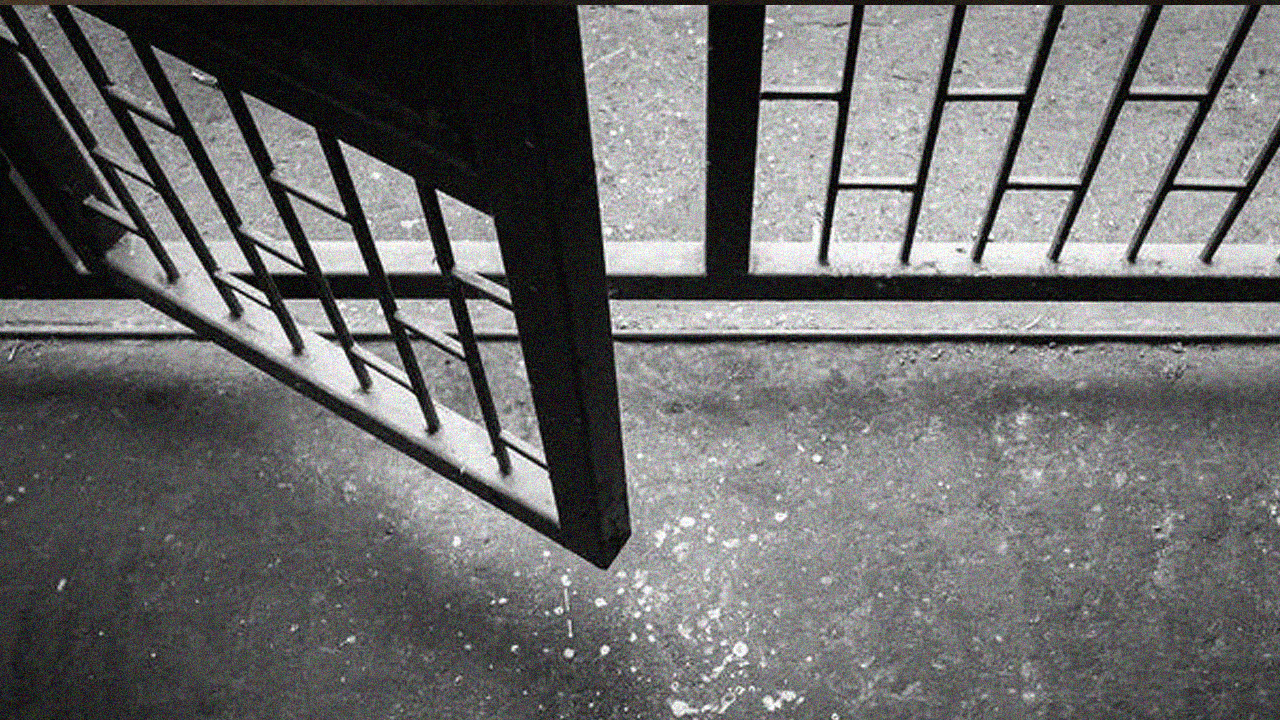
Beginning of Shalom
When we hear the Hebrew word shalom, we think of peace, as in the absence of conflict. And when we hear the word forgiveness, we think of pardoning or excusing, even condoning a person’s harmful action. But shalom—selama in Aramaic—means the greatest amount of unity, wholeness, health, and prosperity possible. And sebaq, forgiveness, means to set free. To the Semitic mind, forgiveness is being set free from victimization, and the fear, anger, resentment that has metastasized as a result. But since we can’t free another person’s heart, when we forgive, we’re actually setting ourselves free.
We’re the only ones who can.
In the 8th Step of AA, when we make a list of all the people we have harmed, we are going far beyond a mere list. We are recognizing our deep interconnectedness, maybe for the first time. How each choice and action we make ripples out, affecting others, just as theirs affect us. Not a problem when our actions are affirming, but can be devastating when not. And the closer a person is to us, the more they are affected.
Our interconnection creates a responsibility for each other, but accepting that is a tricky process because most of the people we’ve harmed have harmed us back—or at least we imagine they did. Becomes easy to justify our actions, wiggle off the hook by clinging to our own victimization. So when we become willing to make amends to them all, we are going far beyond a mere transaction, beyond apology or restitution. We are moving toward actual forgiveness, our own set-freeness…because we’ll never see the harm we’ve done until we’ve set ourselves free from the harm done to us.
AA’s own literature calls Step 8 the “beginning of the end of isolation.” Perfect description. Anything less than the perfect unity and wholeness of shalom is considered hataha—Aramaic for sin. Sin is separation itself. Harmful action takes us there, to the separation and isolation of compromised relationship.
To become aware of our interconnectedness, to be freed from our sense of victimhood so we can see the harm we’ve done is the beginning of the end of our isolation. And the beginning of shalom.





